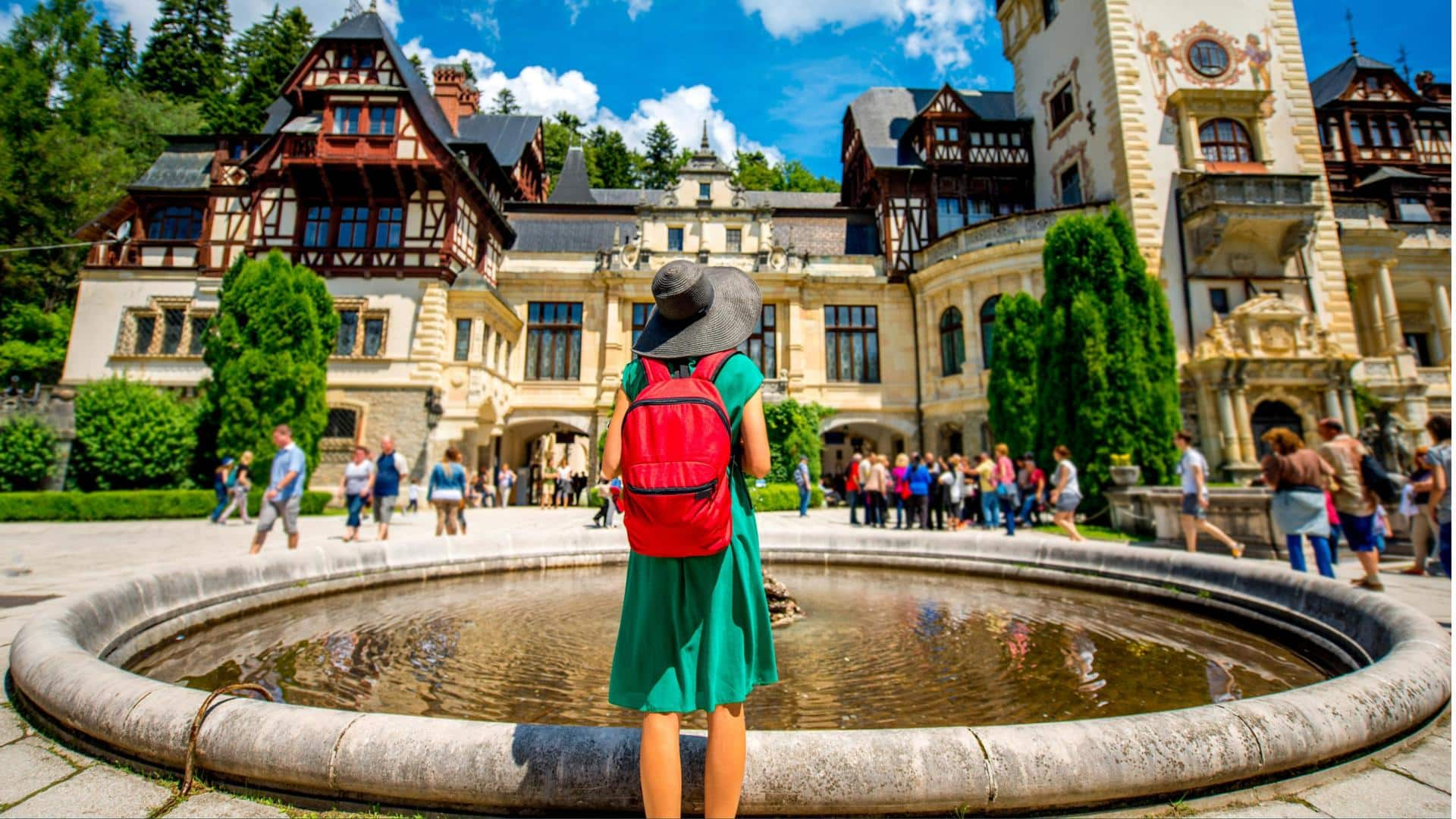
Common tourist mistakes to avoid in Romania
What's the story
Romania has a rich cultural heritage, and as a traveler, you should be aware of the social and cultural norms to avoid offending the locals and their customs. Like every other country, Romania has some very specific social and cultural rules. While you are not expected to know it all, knowing these five things can help you have a hassle-free travel and tourism experience.
Dracula
Don't ask locals about Dracula
Romania is known for its connection to the legend of Dracula. Asking locals about Dracula and vampires may come off as offensive and disrespectful. Many Romanians view the association with vampires as a harmful stereotype perpetuated by Hollywood and other Western media. They may feel that the emphasis of the Latin language on Dracula and vampires detracts from the country's cultural and historical heritage.
Latin language
Don't assume Romanian is a Slavic language
Romanian is not a Slavic language but rather evolved from Latin. While Romanian has been influenced by other languages, including Slavic languages, its grammar, vocabulary, and pronunciation are distinct from Slavic languages like Russian or Bulgarian. Assuming that Romanian is a Slavic language could be seen as dismissive of the country's unique linguistic and cultural heritage. Most Romanians consider it to be an insult.
Sensitive topics
Don't talk about politics and communism
Political discussions, particularly those related to the country's communist past, can be sensitive topics. Many Romanians experienced oppression, violence, and economic hardship during the Communist regime, which lasted from 1947 until the 1989 revolution. As a result, many Romanians prefer not to discuss the Communist era in casual settings. Instead, focus on positive aspects of the culture, such as art, music, and food.
Gypsy
Don't mistake Romanians for gypsies
Often you will hear in the media that Romanians are gypsies (also known as Roma and Romani people). In Romania, they are an ethnic minority representing merely three percent of the population. Besides, not all Romani people are nomads, now many are educated and have well-paying jobs. Stereotyping or generalizing about the Roma community can be offensive and perpetuate harmful prejudices.
Bucharest
Don't confuse Bucharest with Budapest
When Michael Jackson arrived in Bucharest and shouted "how are you doing, Budapest," locals were indulgently amused. But as the trend continued and was followed by many visitors, the locals were soon seriously annoyed. Bucharest is the capital of Romania while Budapest is the capital of Hungary. Confusing the two cities can be interpreted as a lack of interest in the local culture.